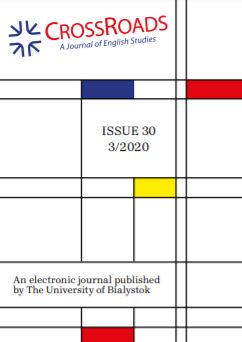Polish pre- and upper-intermediate learners’ opinions on the significance of linguistic and non-linguistic determinants of speech in developing their EFL speaking skill: A quantitative study
Polish pre- and upper-intermediate learners’ opinions on the significance of linguistic and non-linguistic determinants of speech in developing their EFL speaking skill: A quantitative study
Author(s): Klaudia GajewskaSubject(s): Education, Foreign languages learning, Theoretical Linguistics
Published by: Wydział Filologiczny Uniwersytetu w Białymstoku
Keywords: FL speaking; EFL pre-intermediate speakers; EFL upper-intermediate speakers; linguistic determinants of speech; non-linguistic determinants of speech; learners’ opinions; Polish EFL classroom;
Summary/Abstract: Since “spontaneous verbal expression is not solely a product of knowledge and skill in using a language code” (Rivers 1968: 192), many scholars have emphasised the interdisciplinarity of the ability to speak. Having stressed the multifaceted character of speaking in the light of the selected linguistic and non-linguistic determinants of speech, we aim to explore Polish learners’ opinions on what components underlying a speech production process influence their ability to speak English. The quantitative study that we conducted among the group of 66 Polish EFL secondary school and university students revealed that out of 12 linguistic and non-linguistic determinants of speech, the knowledge of FL vocabulary and culture were respectively judged to be the most and least relevant. Even though some statistical differences in pre- and upper-intermediate students’ choices were keenly anticipated, between-group comparisons of A2 and B2 level subjects’ answers did not render any statistically significant similarities or differences.
Journal: Crossroads. A Journal of English Studies
- Issue Year: 2020
- Issue No: 03 (30)
- Page Range: 57-76
- Page Count: 20
- Language: English

